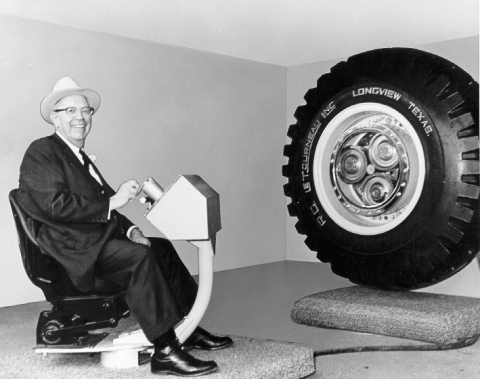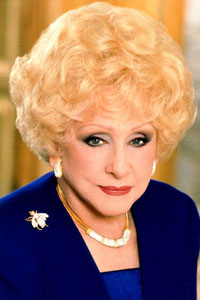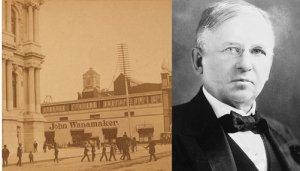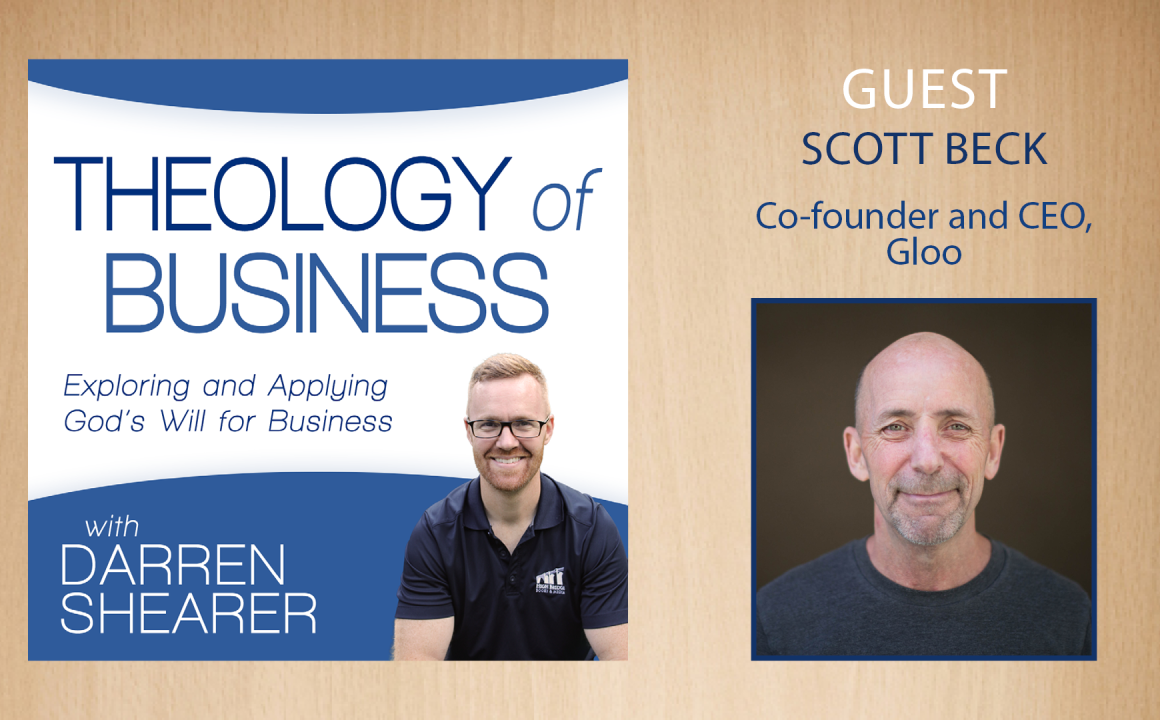3 Legendary Christian Heroes in Business

In a sermon I heard recently, the preacher began to list the “great Christian heroes” of the Church: Billy Graham, Billy Sunday, Kathryn Kuhlman, D.L. Moody, Hudson Taylor… Yes, they are my heroes, too. But, as usual, they all had two things in common: 1) they were all preachers, and 2) none of them worked in for-profit companies.
As humans, we aim to become like our heroes, the people we aim to emulate in some way. It makes sense that a preacher’s primary heroes would be other preachers. However, we must stop subtly communicating that fleeing the marketplace is a necessary step toward Christian heroism.
As the Church, have we esteemed the spiritual gifts and callings of preachers and preaching missionaries to an extent that, when we think of “Christian heroes,” none of our brothers or sisters in the marketplace come to mind? This is especially troubling considering that 85% of the Christian workforce works in a for-profit company.
Why is it that the names of Christian business professionals seldom appear on our lists of Church heroes? I’ll assume that one of those reasons is that most of us simply can’t think of any Christian heroes from the marketplace.
So, allow me to introduce three Christian heroes from the marketplace who have made a tremendous impact for the glory of God in recent history.
 R.G. LeTourneau: Inventor and Disciple-Maker
R.G. LeTourneau: Inventor and Disciple-Maker
Having already achieved success in the earth-moving business, R.G. LeTourneau explained to his pastor that he felt he could serve God better as a bona-fide pastor or missionary overseas. His pastor wisely responded, “God needs businessmen, too.”
Sensing the call to become “God’s businessman,” LeTourneau decided to use his God-given gift of innovation in the marketplace. He achieved 299 patents for his earth-moving and materials handling equipment. These inventions included the bulldozer, scrapers, portable cranes, rollers, dump wagons, bridge spans, logging equipment, mobile sea platforms for oil exploration, the electric wheel, and many others. Approximately 70% of the earth-moving equipment used by the Allies to win World War II was manufactured by his company.
LaTourneau was committed to using his business as a tool for making disciples of Jesus. He hired full-time chaplains to work in his factories, caring for his workers and teaching the Bible to them. He admonished his fellow business owners, “Unless we businessmen… testify that Christianity is the driving power of our business, you’ll always have doubters claiming that religion is all talk and no production.”
In addition to making disciples of Jesus through his business, using his spiritual gift of creativity, and adding tremendous value to the U.S. economy even in the midst of the Great Depression, LeTourneau habitually and cheerfully gave away 90 percent of his income toward the advancement of the gospel.
 Mary K. Ash: Saleswoman and Encourager
Mary K. Ash: Saleswoman and Encourager
According to Lifetime Television, Mary K. Ash (1918-2001), founder of Mary Kay Cosmetics, was the “Most Outstanding Woman in Business in the 20th Century.” As of 2014, her company had approximately three million sales consultants and wholesale volume in excess of $3 billion.
Prior to starting Mary Kay Cosmetics, she spent 25 years working in a sales position in corporate America. During that time, she was repeatedly refused promotions and pay raises that the men were getting.
In response to the unjust way in which she and other women were being treated in the marketplace, she decided to start a company that would encourage women to achieve their fullest potential. She said, “If you ask me, ‘What is the common denominator among women?’… it is the fact that most of us, most women, don’t believe in their own God-given ability. So what we do is try to show them how great they really are.”
She credited the success of her company to its decision to “take God as our partner.” She based her founding principle on the Golden Rule: “do unto others as you would have them do unto you” (Luke 6:31). She redefined business terms like “P&L” to mean “people and love.” She taught her sales consultants to keep “God first, family second, career third.”
 John Wanamaker: Advertiser and Evangelist
John Wanamaker: Advertiser and Evangelist
John Wanamaker (1838-1922) is considered the “Father of Modern Advertising.” He once was asked, “To what, Mr. Wanamaker, do you attribute your great success?” Wanamaker replied, “To thinking, toiling, trying, and trusting in God.”
Among his many innovations, he opened the world’s first major department store. He introduced price tags to the retail economy because he didn’t want people to worry about whether or not they were getting fair prices while they shopped. In addition, he started the first mail-order catalog and was the first to run a large advertisement in a newspaper.
Committed to taking care of his people as a reflection of the character of Jesus, Wanamaker was a pioneer in employee benefits programs. Long before these programs were considered standard in corporate employment, his company offered its employees access to the John Wanamaker Commercial Institute, free medical care, recreational facilities, profit-sharing plans, and pensions.
Deeply committed to personal evangelism, he hand-copied evangelistic letters for each member of his large Sunday School class that said, “If you are not saved, my dear friend, flee to the merciful Savior as you would fly into this warm room tonight, out of the cold streets and the drifting snow. If you are saved, humbly trusting in what Jesus did when his loved failed not on the Cross, think of others not saved… NOT SAVED… going to the eternal darkness—your near friend, your relative—and do something!”
He once sponsored an evangelistic service for D.L. Moody in his own store and provided 300 ushers from among his own staff to make sure the event was a success.
Wanamaker, Ash, and LaTourneau are only a few of the Church’s “great Christian heroes” from the marketplace.



